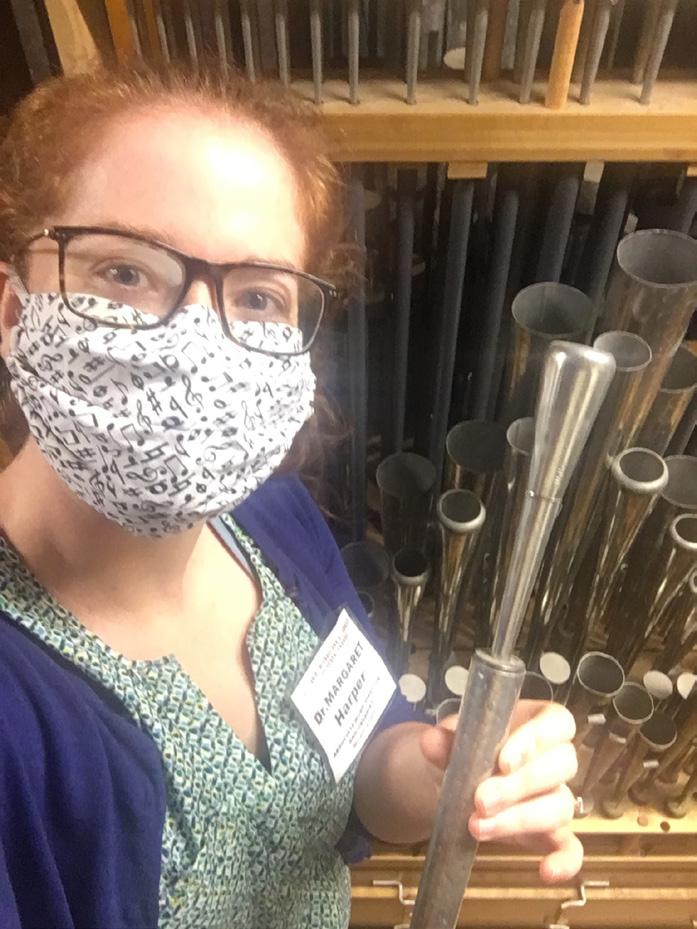
2 minute read
Camino
By The Rev. Mary Lessmann
Another beautiful day in northwestern Spain. We check our backpacks and put on our hiking shoes and, after saying our prayers together, begin to walk the trail where we left off yesterday afternoon. And our spiritual – and physical – journey continues.
The Camino de Santiago, also known as the Way of St. James, is a pilgrimage across northern Spain culminating at the shrine of Saint James in the cathedral of Santiago de Compostela. Pilgrimage to Santiago began in the 9th century after the discovery of the remains of St. James the Great and has continued ever since. During the medieval period, the pilgrimage was supported by the Roman Catholic church, and church-staffed hospitals arose along the trail a day’s walk apart to serve those on the journey. The scallop shell, commonly found on the nearby Galician shore, has long been the symbol of the Camino de Santiago. Over the years, those who completed the trek would return with a scallop shell as a talisman and proof of their journey. Walking the Camino de Santiago continues to be a popular pilgrimage today. In 2019, almost 350,000 pilgrims set out from popular starting points across Europe to make their way to Santiago de Compostela. Most travel by foot, some by bicycle, and a few travel as some of their medieval counterparts did, on horseback or by donkey. Of all the various Camino routes, the Camino Frances is the most popular. It begins on the French side of the Pyrenees and continues for 780 kilometers to Santiago. Walking this route can take about six weeks. However, there are many spots along the way from which you can begin your journey, all concluding at the cathedral of Santiago de Compostela.
The Camino de Santiago is a walking retreat – an opportunity to be at one with God and with God’s creation. After our inaugural trek in 2019, Saint Michael and All Angels will be returning to walk the Camino de Santiago in September of 2021. This women’s pilgrimage will be led by The Rev. Mary Lessmann and Margaret Spellings. We’ll fly to Madrid and transfer by bus to Sarria, where we’ll begin our walk on September 16. We will cover the last 115 kilometers of the Camino, ending in Santiago de Compostela. Each day for a week we’ll walk anywhere from 9 to 14 miles and will stay in small hotels along the trail each evening. Those who wish to attend will need to be physically up to the demands of the journey. Our pilgrimage group will train for the Camino in 2021 leading up to our trip in September.
Camino de Santiago Information Meeting
Sunday, September 20
12:15 p.m. Video Call
For questions and to RSVP, please contact The Rev. Mary Lessmann at mlessmann@saintmichael.org










